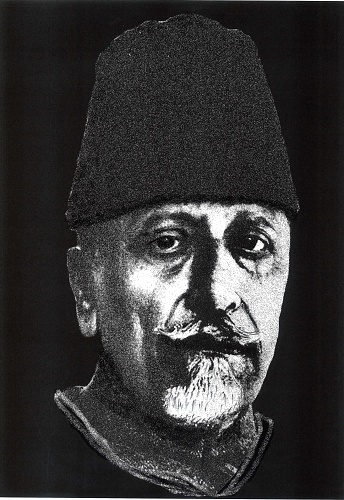National Education Day is celebrated every year in India to highlight the transformative power of education and the ongoing efforts to make quality education accessible to all. The day, observed on November 11, honors Maulana Abul Kalam Azad, India’s first Education Minister and a prominent educationist.
This day marks the birth anniversary of Maulana Azad, who was posthumously awarded the Bharat Ratna, India’s highest civilian honor, in 1992, in recognition of his invaluable contributions to the nation. In September 2008, the Government of India declared November 11 as National Education Day to honor his legacy and his immense contribution to the Indian education system.
Born on November 18, 1888, Maulana Abul Kalam Azad was not only a freedom fighter but also an academician, scholar, and senior leader of the Indian National Congress. He was a visionary who laid the foundations for modern education in India.
Among his many achievements, Azad was instrumental in the establishment of key educational bodies in India, such as the All India Council for Technical Education (AICTE) and the University Grants Commission (UGC). These bodies play a crucial role in regulating and promoting higher education in the country. Azad also played a pivotal role in setting up India’s first Indian Institute of Technology (IIT) in Kharagpur, laying the foundation for technical education in India.
In addition to these institutions, Azad’s leadership led to the creation of several important cultural and educational organizations. Under his guidance, institutions like the Indian Council for Cultural Relations (ICCR), the Council of Scientific and Industrial Research (CSIR), the Sahitya Akademi (Literary Academy), the Lalit Kala Akademi (Academy of Fine Arts), and the Sangeet Natak Akademi (Academy of Music and Drama) were established, fostering the growth of Indian culture and research.
Maulana Azad’s vision for education extended far beyond just formal schooling. He focused on providing education to the rural poor, particularly girls, and championed adult literacy, universal primary education, and the diversification of secondary education and vocational training. His efforts were aimed at making education inclusive and accessible to all, regardless of caste, class, or gender.
Azad’s advocacy for education was rooted in his belief that it is not only a fundamental right but also a key driver of social progress. Under his guidance, education became a tool for national development and empowerment. His contributions continue to influence India’s education policy, making it more inclusive and forward-thinking.




















